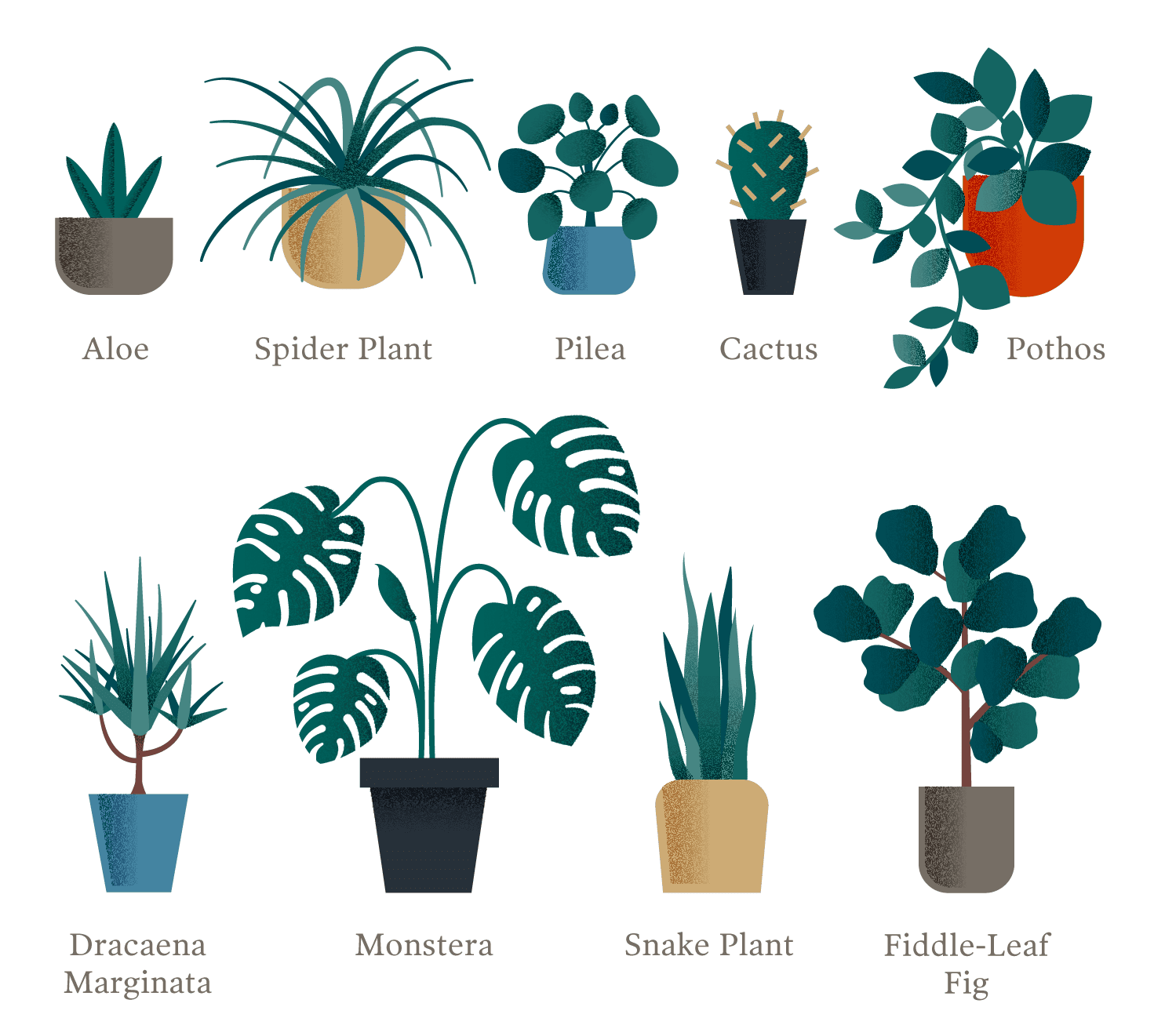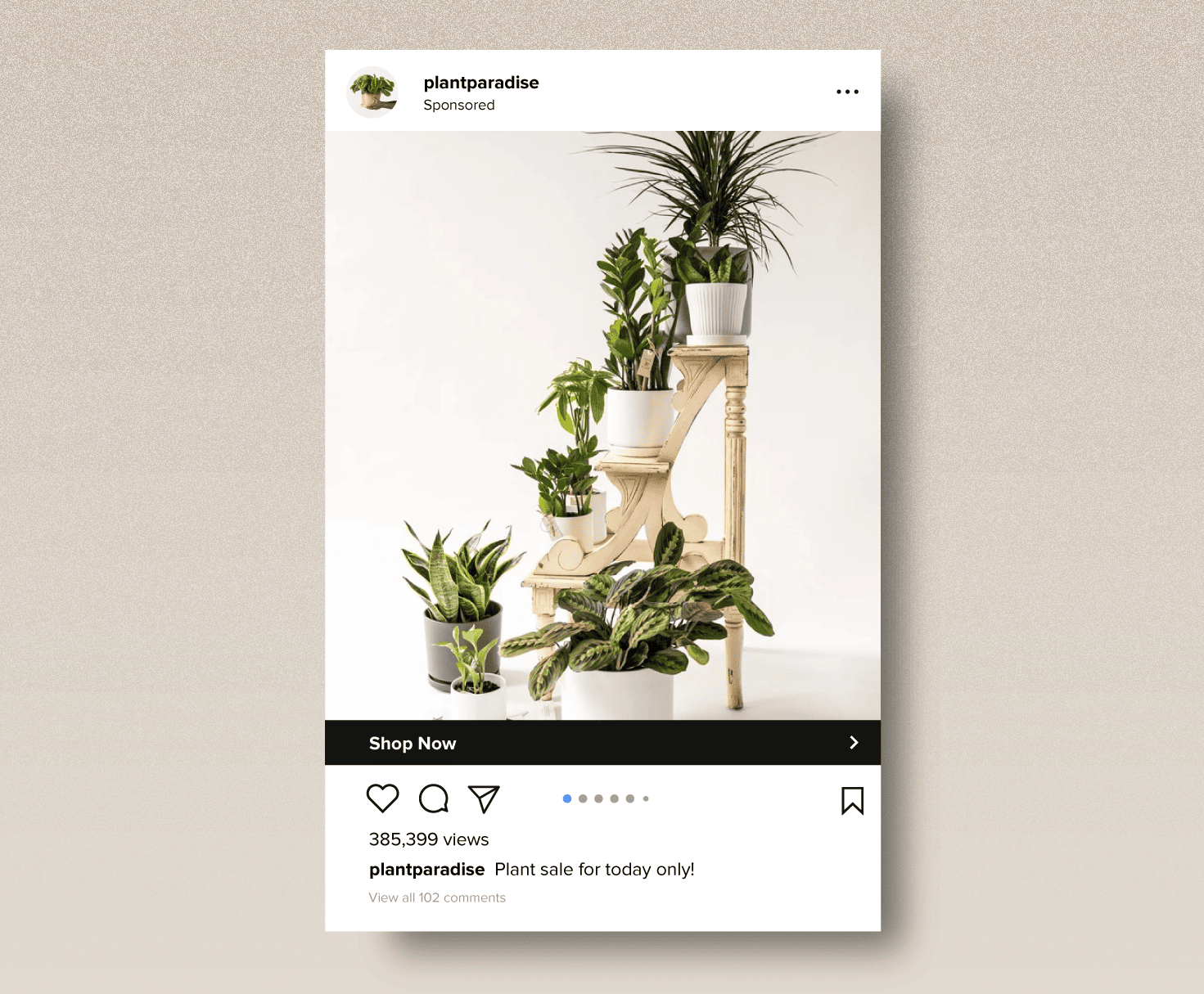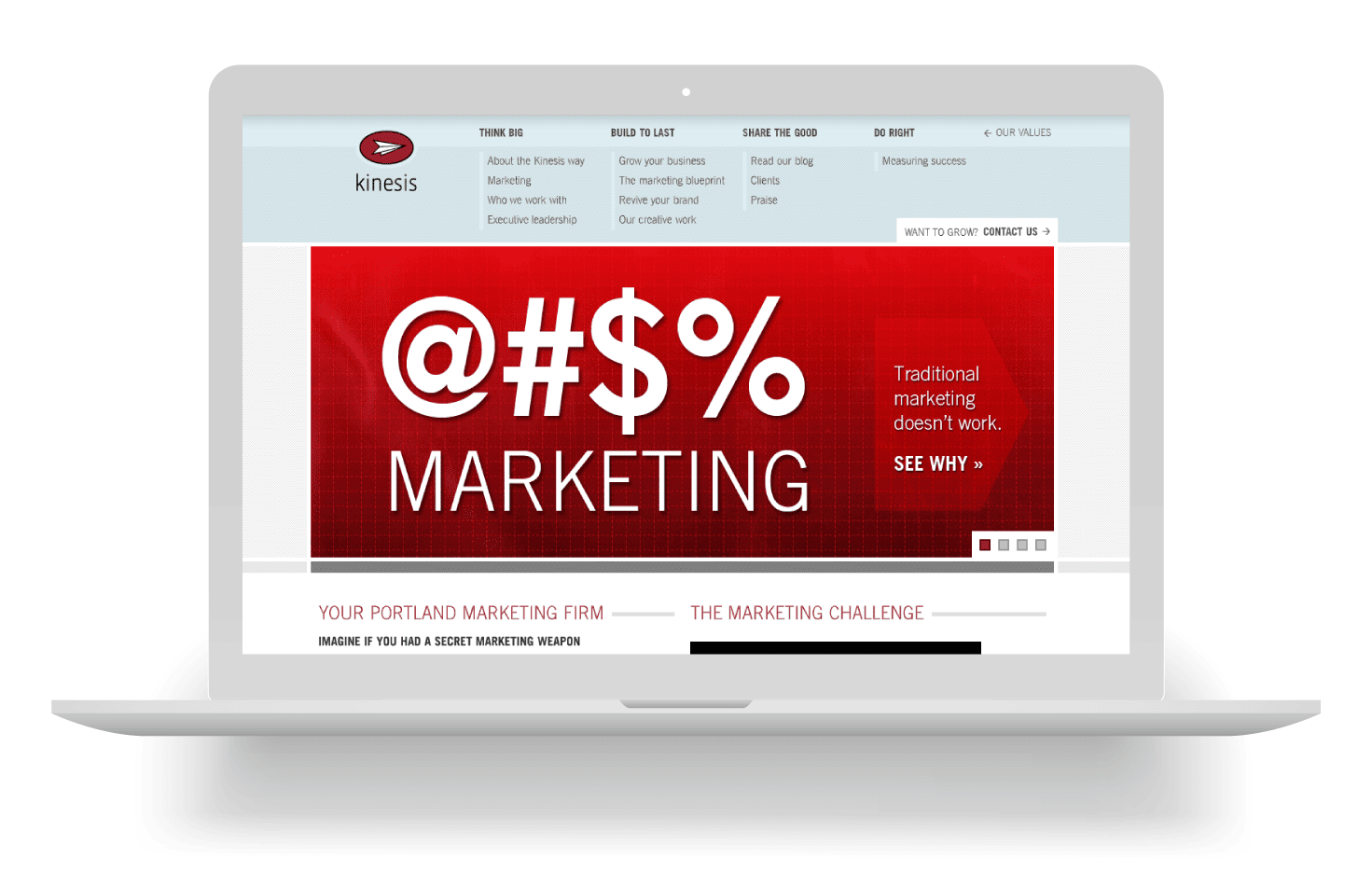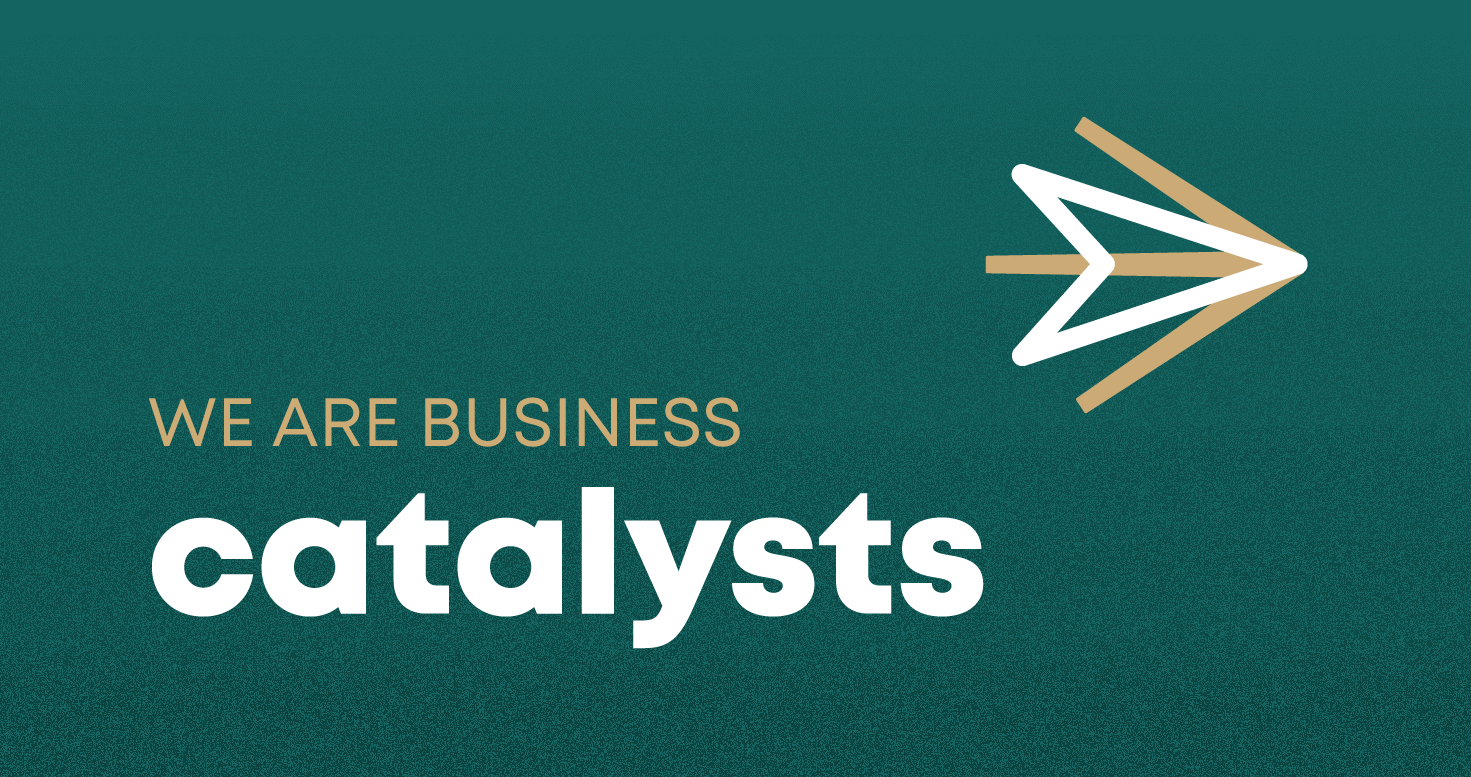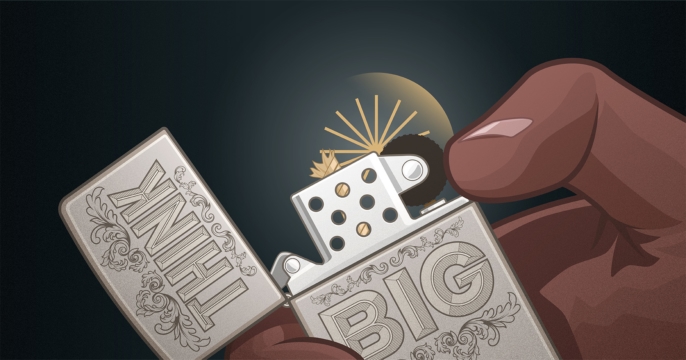That stand! It’s the perfect size and shape. It has all the vintage charm of an antique. I love it. I want it. I need it.
Unfortunately, the ad isn’t for the stand… it’s for the plants. And (as we’ve already established) I probably don’t need any more plants.
(Here’s where this story becomes relevant, I promise.)
I suddenly find myself with a dilemma: This plant stand doesn’t exist, in a literal consumerist sense. It exists there… in this fleeting Instagram fever dream… but not in a way that I can feel and touch and experience and buy.
Why? Because it was probably custom-made for the company currently displaying it. Because it doesn’t fit the mold of something I could pick off the shelf of a nursery, or click through on Etsy. It was purpose-built, unique, and unlikely to show up in a Google search.
This particular quandary resonated with me — not just as a frustrated plant owner, but as a Strategist who works with closely with (similarly and understandably) frustrated business owners.
Only, they don’t come to Kinesis with frustrations about plant stands (although I’m sure they’d agree with me that it’s gorgeous, and unfair that I can’t have it). Instead, they come with frustrations about uniqueness.
Because here’s the unfortunate side-effect of being one of a kind: You’re amazing (look at you, you vintage, wooden, hand-painted, perfectly sized plant home, you), but you’re impossible to place in a category. It’s no wonder no one can find you among typical alternatives in your industry; you’re nothing like them.
So when I go looking for “plant holders” or “plant stands” (or, to bring this metaphor closer to home, “engineering firms” or “contract manufacturers” and the like), your company might not be the first on my radar.
Kinesis is no stranger to this, since we actually face a similar challenge. Once upon a time, we positioned ourselves as a smart alternative to traditional marketing. (Fun fact: when I started here in 2014, the headline of our website literally read “@#$% MARKETING.” How’s that for a first impression?) We firmly believed that marketing was broken, and we were out to fix it.


